AARP Hearing Center


A good night’s sleep is about more than beauty rest. Research has linked quality sleep to better brain, heart and mental health — it can even lower risks for certain cancers.
A 2022 study suggests that an increasing number of Americans have trouble getting those all-important z’s. Researchers tracked a fivefold increase in melatonin use among U.S. adults in the past few decades. Published in JAMA, the study found that people take higher doses of the over-the-counter supplement than what’s typically recommended — despite scant evidence that melatonin works for your run-of-the-mill shut-eye issues, including insomnia.
“We know that melatonin is often used as a sleep aid, but it’s actually misused as a sleep aid because it’s not a sleep aid,” says Naima Covassin, a coauthor of the study and a sleep disorder expert at Mayo Clinic.
Popping a melatonin pill or gummy before bedtime may help you fall asleep a few minutes faster, Covassin says, but it won’t make much of a difference in the number of times you wake up at night or how many total hours you get. “There's actually very little improvement in all of these parameters,” she says.
When does melatonin work?
To understand when melatonin can be beneficial, it’s important to know more about its role in the sleep-wake cycle.
Many consumers are familiar with the bottled version of melatonin — around 6 million U.S. adults reach for it. But melatonin is a naturally occurring hormone the brain produces in response to darkness to help our bodies know when it’s time to go to sleep and when it’s time to be awake.
Side Effects of Melatonin
Short-term use of melatonin may cause mild side effects, including:
- Headaches
- Dizziness
- Nausea
- Drowsiness
Less common side effects include:
- Short-term feelings of depression
- Mild tremor
- Mild anxiety
- Abdominal cramps
- Irritability
- Reduced alertness
- Confusion or disorientation
Source: Mayo Clinic
When melatonin hits the bloodstream (typically a few hours before bedtime), it reduces alertness and “facilitates our ability to fall asleep,” explains David Neubauer, M.D., associate professor of psychiatry and behavioral sciences at Johns Hopkins Medicine. It also helps cool off the brain and the body, “which helps you sleep better,” says James K. Wyatt, director of the Section of Sleep Disorders and Sleep-Wake Research at Rush University in Chicago.
Because melatonin doesn’t have the same sedating effect that many sleep aids provide, taking it in pill form is less helpful on those nights when you can’t seem to fall asleep or stay asleep.































.jpg?crop=true&anchor=13,195&q=80&color=ffffffff&u=lywnjt&w=2008&h=1154)






























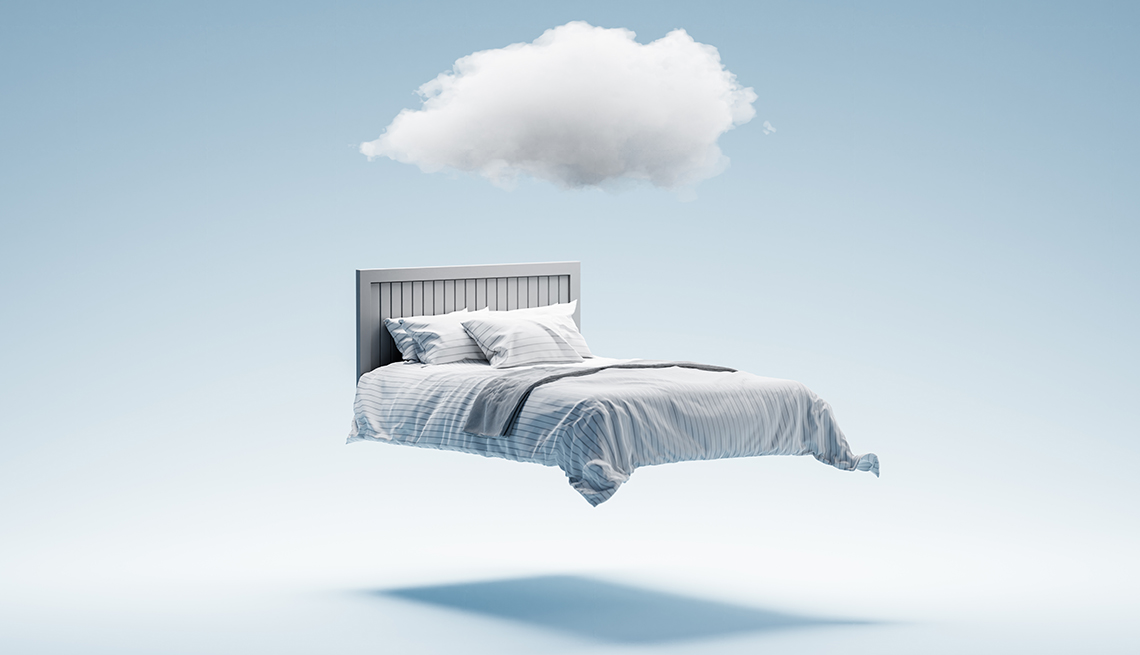

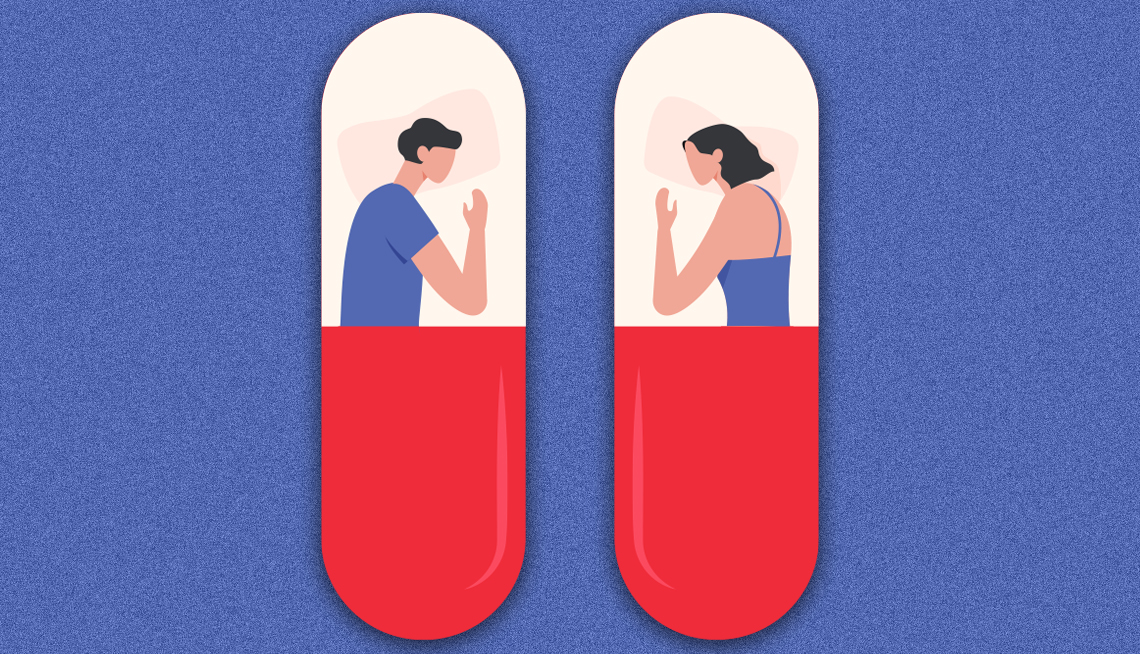
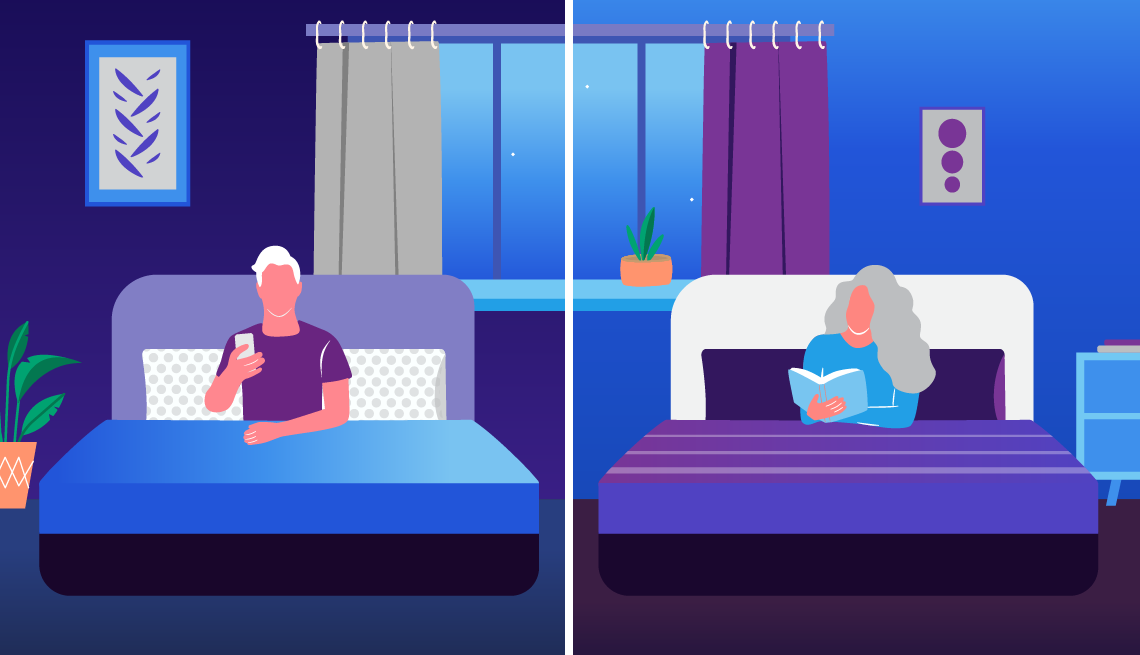
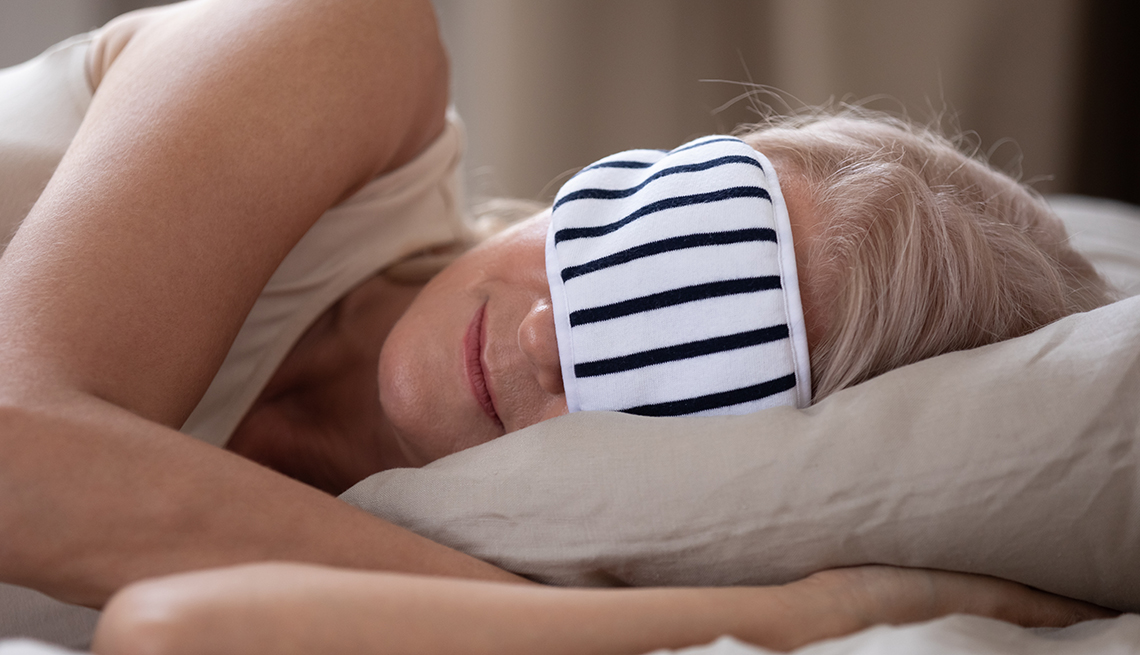


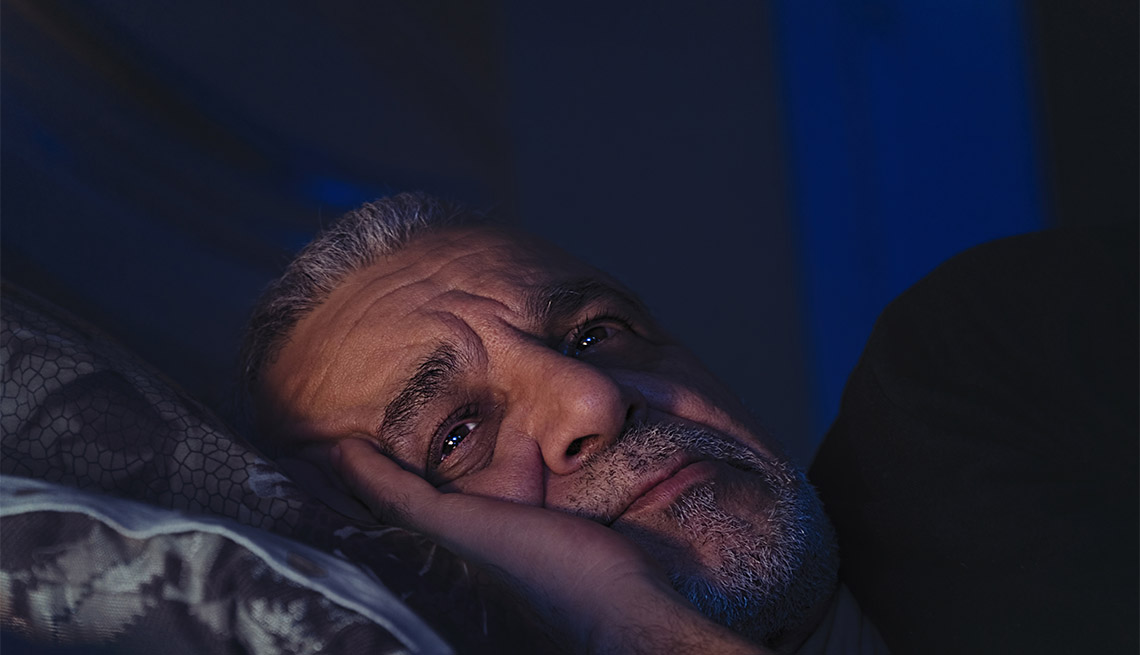

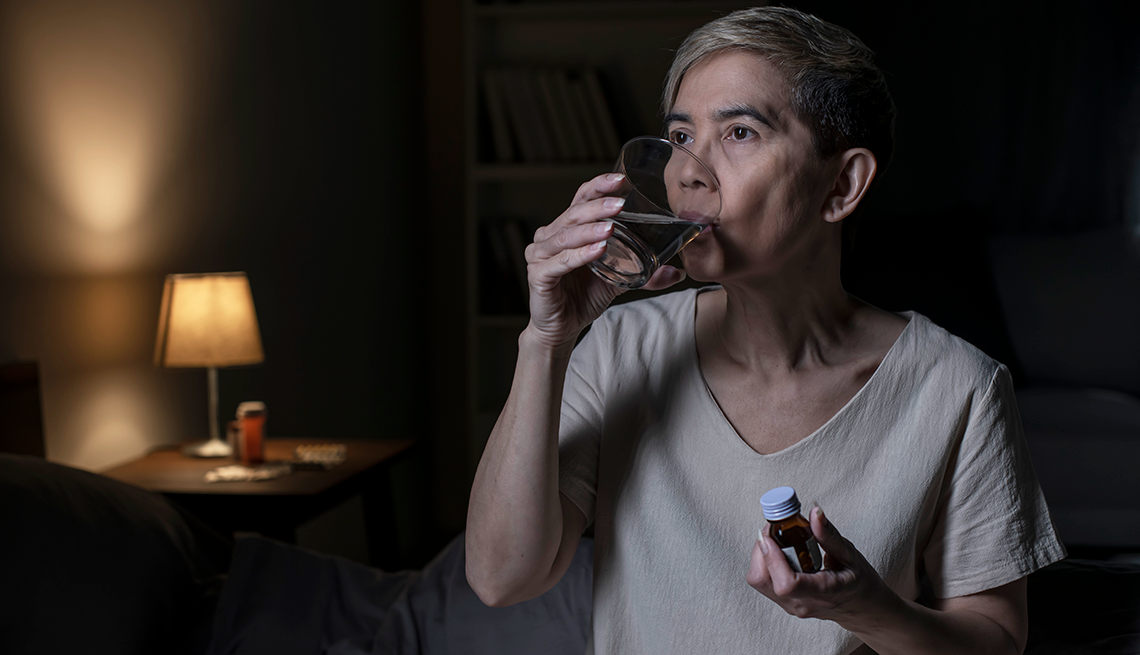




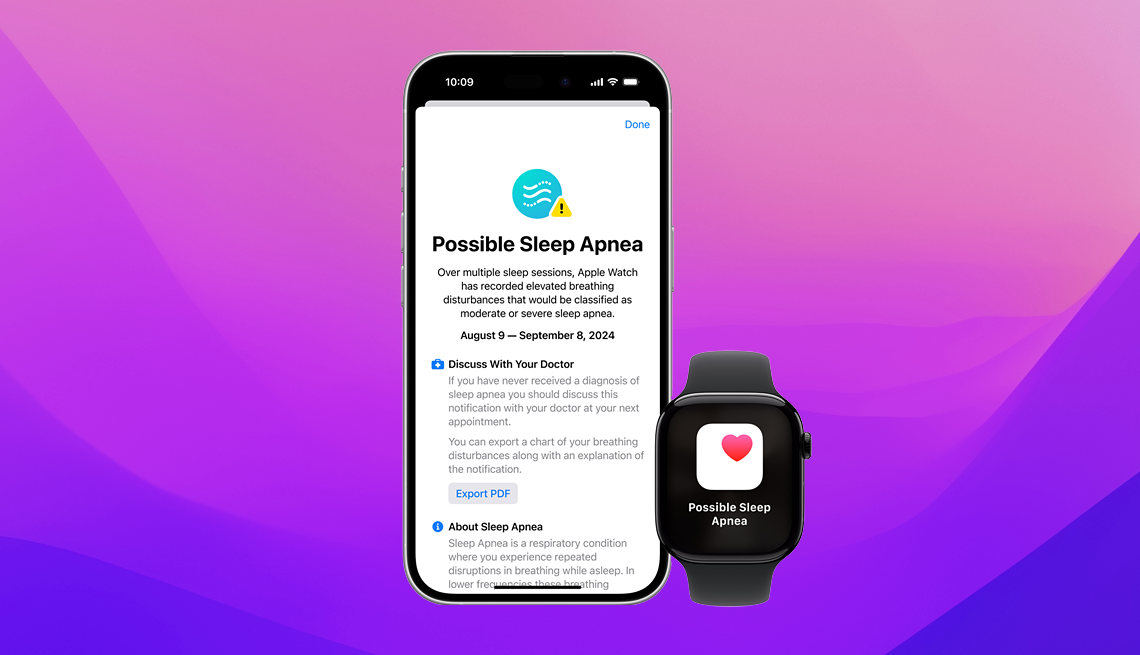

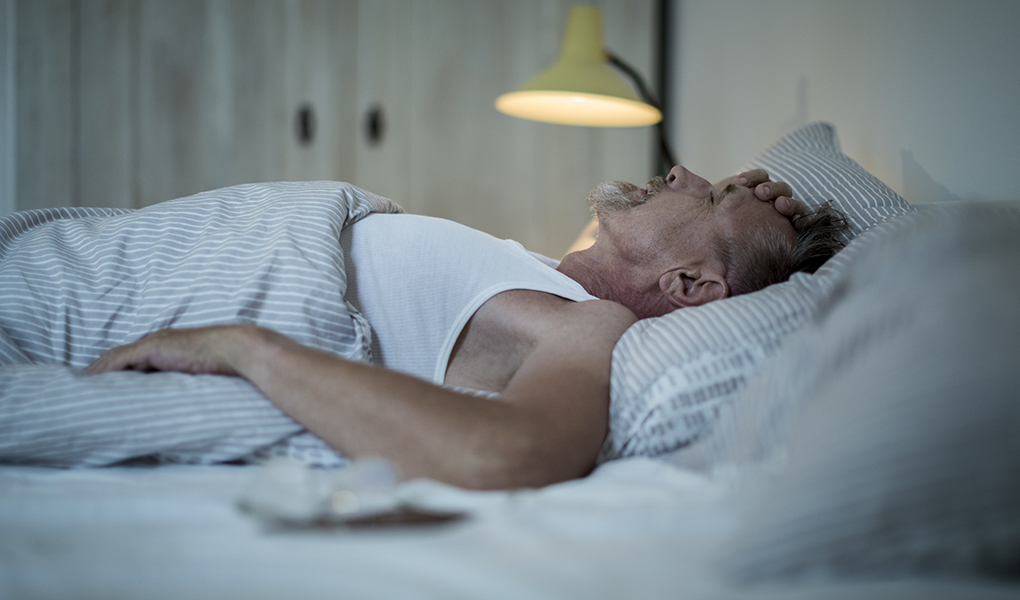
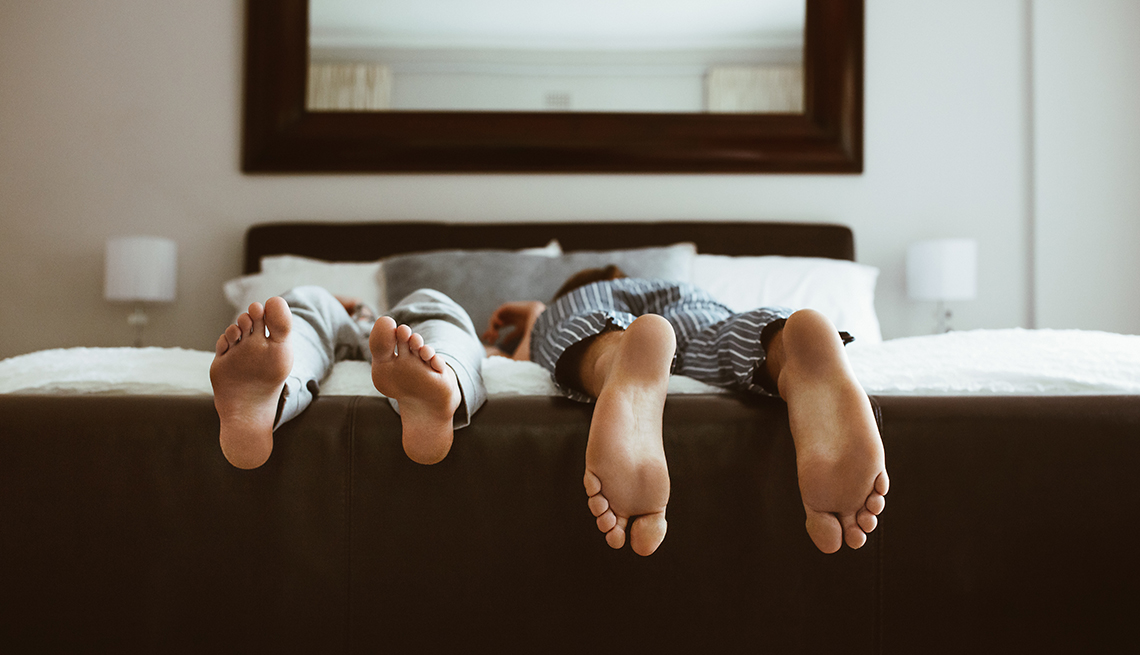




More From AARP
Wake Up More Refreshed With Our Smart Guide to Sleep
43 tips to help you fight those restless, endless nights and get the slumber you need
How to Create a Sleep Sanctuary and Other Tips for a Good Night's Sleep
13 habits to give your body the rest it needs
Can You Get Too Much Sleep?
Researchers say seven hours per night is ideal